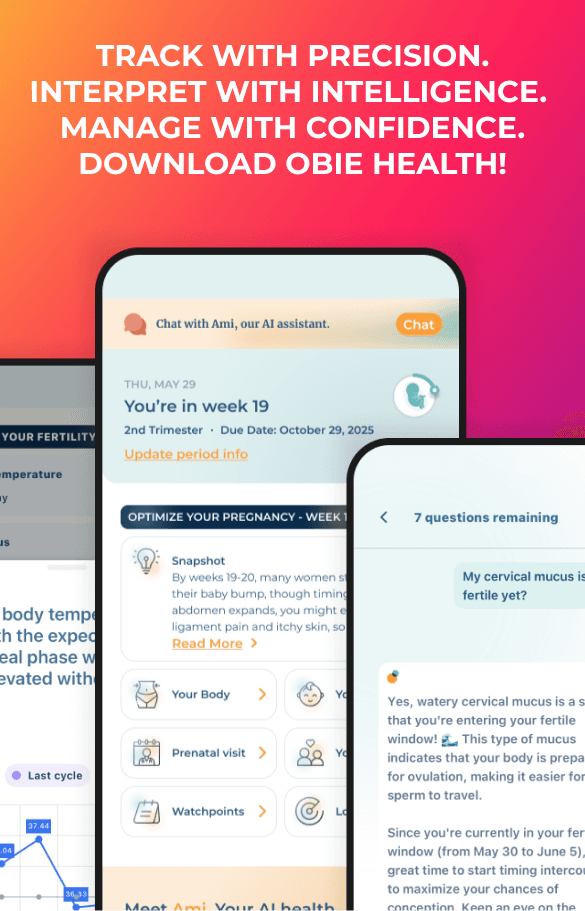Omega-3 and Breastfeeding
Breastfeeding
Obie Editorial Team
The WHO, World Health Organization, praises breastfeeding infants all the way up until they are two years old. Breastfeeding is crucial for the health of the baby as well as building the bond between baby and mother. The nutrients inside breast milk do wonders for the baby’s immune system and brain. This is why it’s important for mothers to take Omega-3 vitamins during pregnancy and after.

What Is Omega-3's Role In The Baby’s Brain Development?
It is a known fact that over sixty percent of the brain consists of fat. The fatty material is made up of DHA, which is a long strand of Omega-3 fatty acids. Besides making the structure of the brain, Omega-3 is located in the membranes of neurons as well as the protective layers the cover them. It has been scientifically proven that the more Omega-3 that you have inside your brain, the better the neurons can communicate. Not having enough can result in poor brain function and problems like, ADHD or autism. The problem with not breastfeeding and using baby formula instead is that formula doesn’t contain DHA, and if does, it’s a very minute amount.
What Is The Best Source For Omega-3 Fatty Acids?
The number one source of Omega-3 fatty acids as well as other important nutrients for the baby is mother's milk. However, during the breastfeeding process, the mother's own storage of Omega-3 tends to diminish. With women that have (and breastfeed) more than one child it’s clear that the Omega-3 dwindles down, which is why the younger siblings oftentimes discover problems with behavior. This is also why the woman may even go through post-natal depression due to the lack of Omega-3.
How Much Is A Good Dose Of Omega-3?
Now the question is, how much is a good dose of Omega-3? According to the International Society for the Study of Fatty Acids, as well as, the NIH (National Institute of Health) the proper dose for breastfeeding moms should be 300mg of DHA per day. You can take a fish oil supplement from the local drug store or you could eat a few filets of fish. Salmon and sardines are great resources for Omega-3 fatty acids. Keep in mind that while breastfeeding you will want to stay away from trans fats, which are common in vegetable oil and hydrogenated oils.
All-in-all, Omega-3 is a vital nutrient that ensures the best brain development for the infant as well as the mental state of the mother. 300mg is plenty to help both, so make sure that you take at least that much, and stay away from the junk food.









